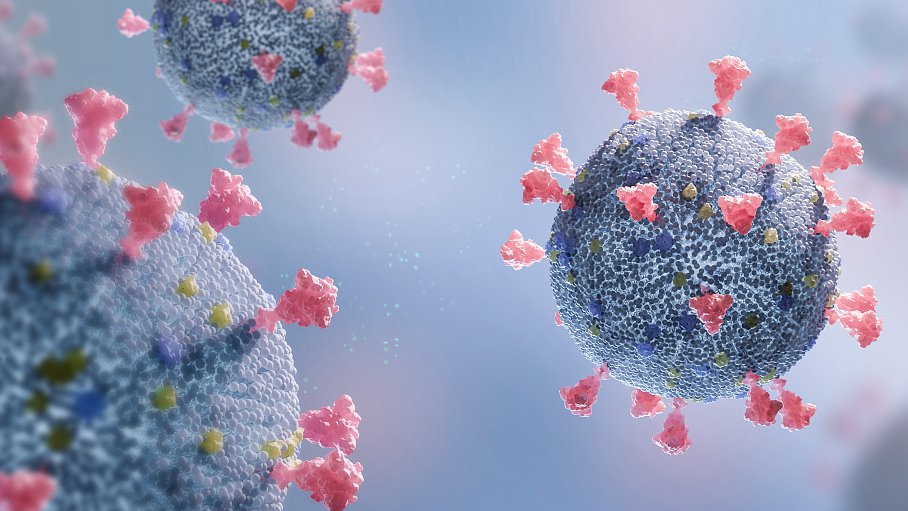
Children with multisystem inflammatory syndrome (MIS-C), a rare condition linked with the virus that causes COVID-19, have biochemical indicators of cell injury and cell death that are distinct from other children with COVID-19, according to a new study funded by the U.S. National Institutes of Health (NIH).
Researchers analyzed 416 blood samples from 237 patients. Using high speed, artificial intelligence-controlled molecular sequencing of blood-and-plasma RNA and plasma DNA, they found that children with MIS-C have biomarkers indicating damage to multiple organs, the lining of blood vessels and the nervous system.
MIS-C usually occurs two to six weeks after COVID-19 infection, resulting in inflammation of the heart, lungs, kidneys, brain, skin, eyes or gastrointestinal tract, according to the NIH.
The findings could lead to the development of tests that allow clinicians to distinguish between MIS-C and other conditions involving widespread inflammation, such as Kawasaki disease, septic shock, and severe COVID-19, and to the development of more appropriate treatments for each, said the NIH on Tuesday.
Source(s): Xinhua News Agency